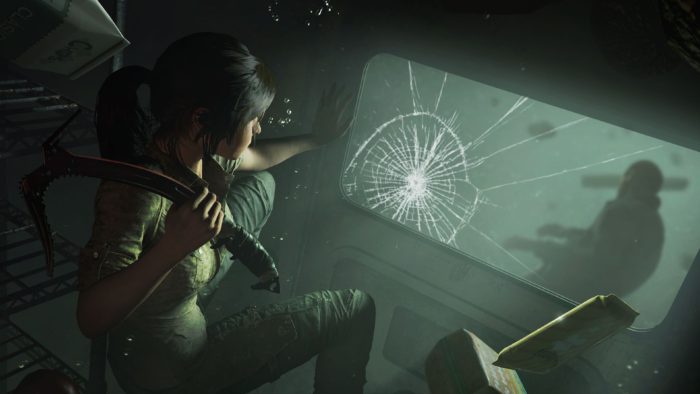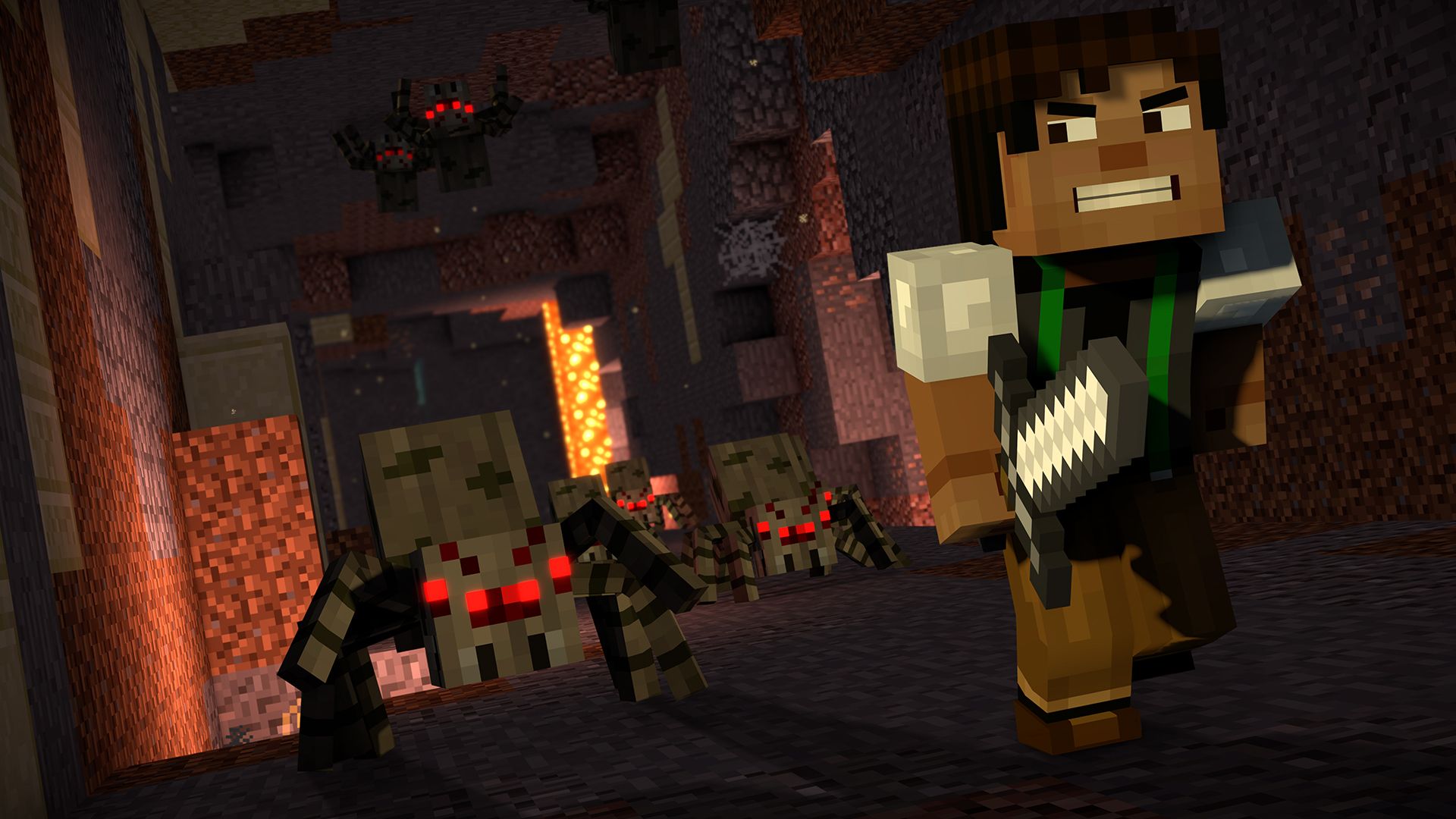A brief history of video games at the movies
Recently, a film based on the Minecraft franchise has seen a delay – its writer and director have been replaced, meaning the film will not reach its 2019 release date. This pushback has led to many decrying the curse of video game movies – that they are all, without exception, not very good. What is it about video games that makes them so invariably bad?
One of the first video game movies is 1993’s famously terrible Super Mario Bros., which in no way resembled its source material. Mario and Luigi are thickly-accented Brooklyn dwellers who fire off action-movie quips, King Koopa is essentially a dinosaur and mafia boss, there’s a weird cyberpunk vibe, Yoshi gets stabbed – it truly is a very weird and so-bad-it’s-good piece of work, and it’s worth a watch just for how surreal the experience is (or, if you don’t fancy watching, look up Koopa actor Dennis Hopper’s fury with the directors – that probably tells you everything you need to know).
Video game adaptations that followed weren’t as derided as Super Mario Bros. – some made a big profit (the two Lara Croft films, and Prince of Persia: The Sands of Time) – but that’s not to say that they were particularly warmly received. The critics dislike them – no video game movie has a Rotten Tomatoes rating over 50% – and the fans are disappointed by them. They’re normally serviceable, but gamers are hankering for more than that. For once, would it be possible for a video game film to be, you know, good?
No video game movie has a Rotten Tomatoes rating over least 50%
Nowadays, every video game film is greeted in much the same way – excitement at a strong cast and enthusiasm that this project will finally, finally be the one to break the curse and be good, followed by almost-inevitable disappointment. Recent examples including the baffling Assassin’s Creed, the mindless Rampage, and the strangely slow and light-on-tomb-raiding Tomb Raider. The Minecraft movie delay means that the future looks equally as bleak, with Ryan Reynolds taking the lead in Detective Pikachu being one of the… I’m going to say highlights, but it remains to be seen whether that is the right word.
The annoying thing is that video game movies can work, and do – it’s just that they aren’t adapted directly from existing video game properties. There have been films that have co-opted video game aesthetics – Hardcore Henry is a good example, with the film shot entirely from Henry’s perspective, offering up the joys of the first-person shooter on the big screen. Ready Player One was set largely within a video game, mixing nostalgia with adventure for a fun Spielberg picture. And Wreck-It Ralph was truly a love letter to games, combining Disney’s trademark charm with loads of gaming gags (the sequel is coming very soon, with Ralph entering the world of the internet).

Image: Eidos Montreal, IGDB
Video game adaptations struggle for a number of reasons, and one of them is a reason that video games work so well in immersing the player – many video games have fairly bland, blank protagonists, in order that the player can project their own personality into the game. The lack of personality traits is perfect for helping a gamer lose themselves in the world of the game, but that same lack is the opposite of what you want in a film. Similarly, the player can control the pace of their adventure in a game, and their progression impacts on their experience – with all these variables, it’s no surprise that the filmmaker’s depiction of the game frequently fails to chime with that of the viewers.
Many video games have fairly bland, blank protagonists, in order that the player can project their own personality into the game
Add in the fact that many video games simply don’t lend themselves to the medium of film, and so adapting them is always going to be futile. If a game lacks a strong or compelling narrative, attempts to make them work will be painfully dull or necessitate enough changes to render the brand name obsolete. Games with a heavy amount of narrative, on the other hand, have two different issues – either they relay their narrative through enough cut-scenes that a film is a pointless endeavour anyway, or they have too much to really condense it and be comprehensible.
Perhaps it’s simply the case that the right filmmaker could make the video game movie work – one who truly loves games and the property they’re adapting – or perhaps films are simply antithetical to the medium of video games because of the lack of comparative immersion they offer? The production turmoil surrounding Minecraft suggests that it won’t be the film to save the video game movie’s reputation, if it even reaches cinema screens at all.

Comments